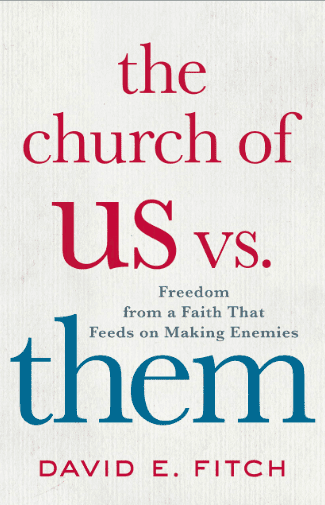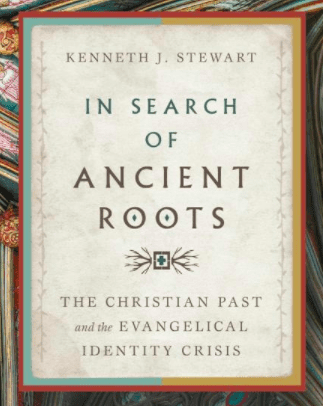Many today are predicting the (even imminent) collapse of evangelicalism. Others, like Brad Wright, show that evangelicalism is flourshing, while others, like Chris Smith, show that while it may be flourishing it is not what it used to be. At work here are two questions that I want to deal with before we go another step:
 What is evangelicalism? I have been, am and will stand by David Bebbington and Mark Noll. Evangelicalism is a movement in the Protestant church shaped by differing but clear emphasis on four beliefs: the centrality of the Bible, the centrality of the atoning death of Christ, the centrality of the need for personal conversion, and the centrality of an active mission to convert others and to do good works in society.
What is evangelicalism? I have been, am and will stand by David Bebbington and Mark Noll. Evangelicalism is a movement in the Protestant church shaped by differing but clear emphasis on four beliefs: the centrality of the Bible, the centrality of the atoning death of Christ, the centrality of the need for personal conversion, and the centrality of an active mission to convert others and to do good works in society.
Who decides who is evangelical? No one, really. Others, mostly. There is no one who decides who gets to carry the evangelical card but there is a a general conviction on the part of others who is “in” and who is “out.” I have an opinion, and you may have an opinion, and the one with the louder voice or the bigger voice might be the most compelling but … let this be said: God does not equate “Church” with “evangelical.” But because it is a movement, and for some the movement is so important that it is nearly the same as the one, holy, catholic and apostolic church, it matters deeply to some.
So to you: What is an evangelical?
But what does matter is that evangelicalism is a longstanding movement, it seems to unite millions of Christians in the world, and it is contested.
David Fitch, in his new book, The End of Evangelicalism? Discerning a New Faithfulness for Mission: Towards an Evangelical Political Theology (Theopolitical Visions), thinks evangelicalism’s influence is more or less over, that it needs to reexamine itself, and that it needs to rediscover what it could be in our world. This book by David Fitch could be one of the most significant studies of evangelicalism in the current academic climate. In some ways, he is doing deconstruction from the inside out.
To begin with, David Fitch believes evangelicalism’s social, cultural and political influence have waned to the point of being a minimal cultural presence.
The theory he will explore in this book is that belief plus practice (of that belief) shapes a community’s disposition in the world, and that means he can infer back from the lack of influence and viability of evangelicalism that it’s beliefs (or its practices of those beliefs) are no longer viable.
So David Fitch is seriously questing for what can be called an evangelical political theology, but he isn’t talking about political parties — instead, he’s talking about how to be a body, a present body, a body of influence for the gospel, in our world.
He believes evangelicalism has become an empty politic, and here’s why: the four (he blends two and three above) beliefs of evangelicalism were fashioned to be a “politic” in modernity and modernity is corroding and eroding and fading. He thinks those four beliefs, framed as they are, are to our culture what “Caffeine-Free Diet Coke” is to a drink: “a drink that does not fulfill any of the concrete needs of a drink” (xxi). So, let me state how David frames the three (blended four) beliefs:
1. Inerrant Bible.
2. Decision for Christ.
3. Christian Nation.
These are “ideological banners” but really are a “semblance of something which once meant something real” (xxii).











